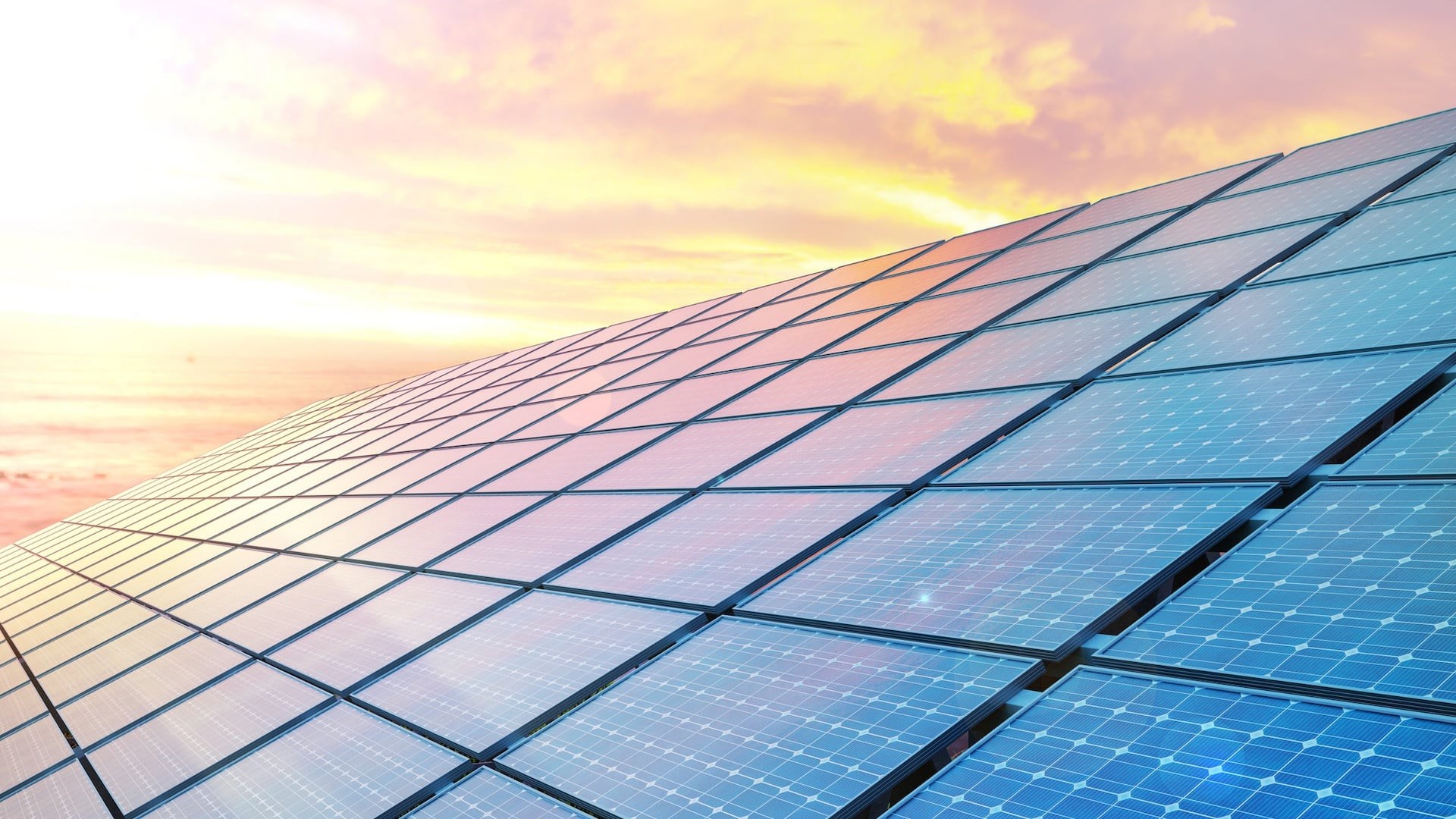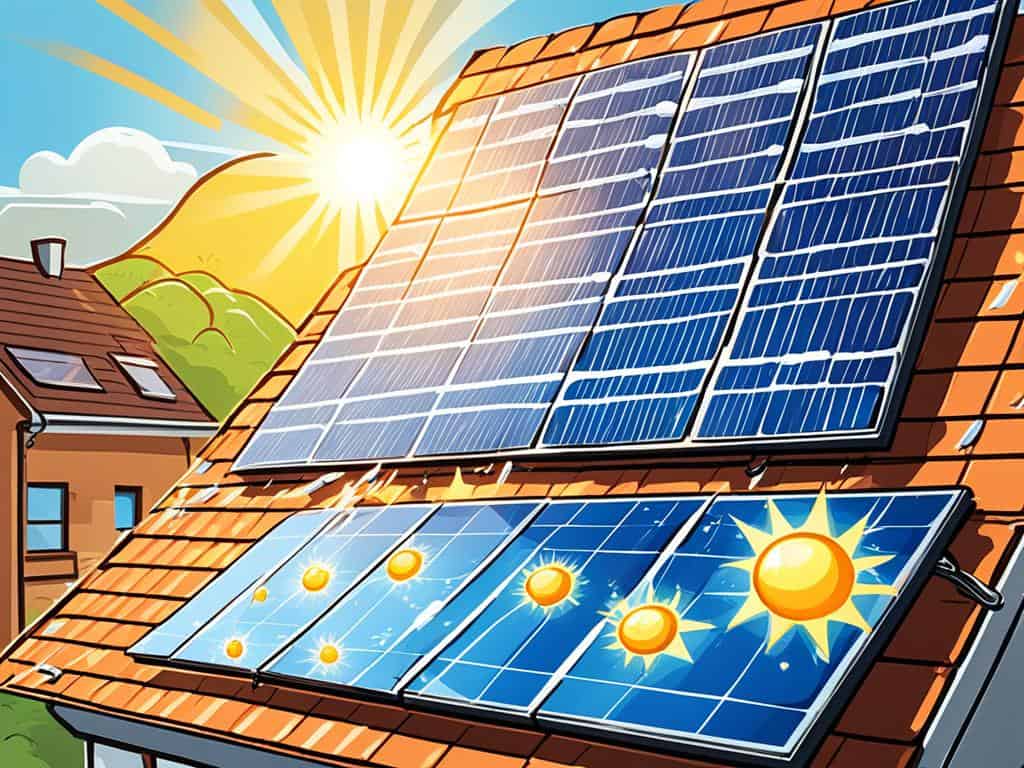Experience energy independence and lower costs with Solar Panels.
Wiki Article
The Ultimate Overview to Selecting the very best Solar Panels
Selecting the suitable photovoltaic panels is a complex decision that exceeds mere aesthetics or price. It involves a cautious analysis of numerous types, including monocrystalline, polycrystalline, and thin-film alternatives, each offering one-of-a-kind benefits and drawbacks. Understanding efficiency ratings, prices, and setup demands is critical for making an educated choice that aligns with your energy demands and budget plan. As the landscape of solar innovation proceeds to progress, the ramifications of your choice can have long lasting effects-- both economically and environmentally. What variables should you prioritize to make certain optimal efficiency and sustainability?Understanding Photovoltaic Panel Types

Monocrystalline panels are constructed from a solitary crystal framework, providing high efficiency and space-saving advantages. In contrast, polycrystalline panels make up multiple crystal frameworks, leading to a somewhat lower effectiveness price.
Thin-film photovoltaic panels are made from a variety of products, including cadmium telluride and amorphous silicon. They are lightweight and versatile, enabling special applications, such as assimilation into building products. Although they often tend to have lower efficiency rates compared to crystalline panels, their installation costs and versatility can make them an attractive choice for details projects.
Understanding these kinds will encourage you to make informed choices based on your power needs and spending plan factors to consider.

Reviewing Efficiency Rankings
Assessing performance ratings is critical for choosing photovoltaic panels that line up with your energy objectives. The effectiveness of a solar panel indicates the percent of sunshine exchanged useful electricity. Higher effectiveness ratings imply that panels can create more power in an offered location, making them especially useful for setups with restricted area.Common photovoltaic panel efficiencies range from 15% to over 22%. When comparing options, it is necessary to consider the type of solar innovation made use of, as monocrystalline panels generally offer greater performance than polycrystalline panels. Nevertheless, efficiency is not the sole standard; factors such as installment orientation, shading, and local climate can dramatically influence general performance.
Greater performance panels may offer better returns on investment, specifically in areas with high power expenses or restricted installment area. It's a good idea to look for panels with a solid performance warranty, as this can provide extra guarantee of their long life and effectiveness.
Contrasting Prices and Guarantees
Cost and guarantee factors to consider are essential components in the solar panel selection procedure. When assessing photovoltaic panels, the in advance expense is a key worry. Costs can differ significantly based upon the brand, technology, and effectiveness scores of the panels. High-efficiency panels may have a higher initial investment however can result in greater long-lasting cost savings through raised power production. It is important to evaluate the overall worth rather than simply the price tag.Guarantees are similarly essential, as they provide insight right into the producer's confidence in their product. Most respectable solar panels included 2 sorts of warranties: efficiency and product. Performance service warranties typically assure a particular output level for 25 years, making sure that the panels will certainly maintain their performance gradually. Item guarantees, on click here for more info the other hand, cover issues and handiwork, frequently long lasting between 10 to 25 years.
When contrasting expenses and service warranties, take into consideration the lasting ramifications of both. A lower-priced panel with a brief warranty might wind up being much more pricey if performance declines or repair work are needed earlier than anticipated. It's important to stabilize preliminary prices with the safety provided by robust service warranty choices.
Setup Factors To Consider

Following, think about the alignment and tilt of the photovoltaic panels. Ideally, panels ought to be placed to make best use of sun direct exposure throughout the day. South-facing installations usually produce the highest energy manufacturing, but east and west positionings can likewise be efficient relying on your power needs.
In addition, local building regulations and policies have to be evaluated before installation. Permitting needs can differ substantially by location, and compliance is vital to prevent possible penalties or obligatory eliminations.
Last but not least, working with a certified professional for installation is essential (Solar Panels). Experienced installers will certainly guarantee that the system is correctly positioned, attached, and compliant find with all safety criteria. This decision can eventually enhance the long life and efficiency of your solar power system, making it a worthwhile financial investment for your sustainable power needs
Upkeep and Longevity
Appropriate upkeep is necessary for ensuring the long life and optimal efficiency of photovoltaic panels. Routine assessments and cleaning are web link vital components of this upkeep routine. Dirt, particles, and snow build-up can significantly restrain power production, so it is recommended to cleanse the panels periodically, ideally every six months or after considerable weather occasions.
Additionally, keeping an eye on the system's efficiency via a solar surveillance application or tool enables house owners to determine any kind of drops in power output that may suggest concerns calling for focus. It's additionally sensible to look for any kind of indications of wear or damages, such as splits in the panels or rust in the wiring. Purchasing high-grade solar panels commonly features longer warranties, commonly ranging from 25 to thirty years, which can act as a sign of their expected longevity.
Regular expert inspections can additionally enhance the life-span of your solar power system, making certain that any type of prospective issues are attended to immediately (Solar Panels). By adhering to these upkeep techniques, homeowners can make best use of not only the performance of their photovoltaic panels yet additionally their roi over the years, adding to a sustainable power future
Final Thought
In final thought, selecting the optimal solar panels demands an extensive evaluation of numerous elements, consisting of panel kinds, performance scores, prices, and guarantees. Setup factors to consider and continuous maintenance play crucial functions in making sure the longevity and efficiency of the solar energy system.Report this wiki page